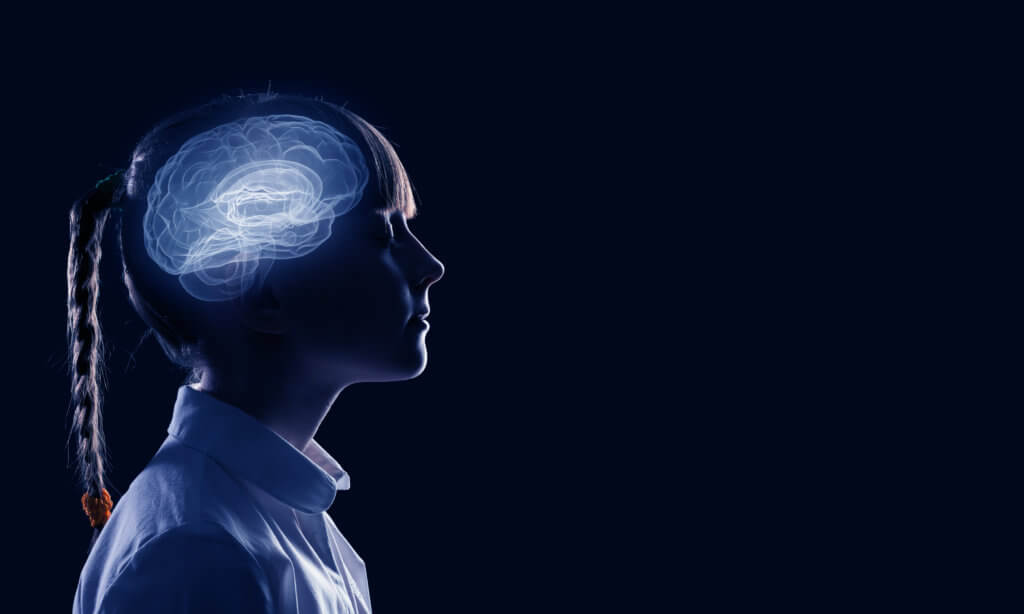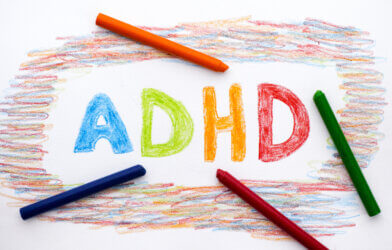For many parents, the teenage years can feel like uncharted territory, filled with emotional outbursts, risky behaviors, and a seemingly endless stream of challenges. But what if the key to guiding teens through this tumultuous time lies in understanding the inner workings of their developing brains?
That’s the premise of a new book by Dr. Sheila Redfern, a consultant clinical child and adolescent psychologist. In “How Do You Hug a Cactus? Reflective Parenting with Teenagers in Mind,” Redfern proposes that by teaching teenagers to manage their emotions and relationships in healthy ways, parents can help them develop into resilient and independent adults.
At the heart of Redfern’s approach is the concept of reflective parenting, which involves trying to understand the complex changes occurring in the teenage brain. “Understanding the neuroscience of the changing teenage brain can really help parents to empathize and connect with their teenage children,” Redfern explains in a statement.
Adolescence is a time of immense physical and neurological transformation, marked by increased vulnerability and a higher likelihood of engaging in risky behavior or developing mental health issues. In fact, recent statistics from the United Kingdom’s National Health Service reveal a startling rise in mental health problems among 17 to 19-year-olds, with rates jumping from 1 in 10 in 2017 to 1 in 4 in 2022. Anxiety and depression prove to be the most prevalent challenges for teens.
Redfern points out that while emotional development was once thought to be largely complete by age 7, we now know that it continues well into early adulthood. The teenage brain undergoes a significant reorganization of three key biobehavioral systems: the reward system, the mentalizing or “social cognition” system (which governs our understanding of ourselves and others), and the stress and threat system.

This reorganization can lead to patterns of thinking, behavior, and responses that may seem illogical, highly reactive, or even self-destructive to adults. “Where adults think with the prefrontal cortex, the brain’s rational part, teenagers process information with the amygdala – this is the emotional part,” Redfern explains. “This leads teenagers to be preoccupied with their own emotions, particularly when they have an overwhelming emotion, and less able to tune into other people.”
Redfern emphasizes that, from a neurological standpoint, it’s inaccurate to consider an 18-year-old an adult, as brain development continues until the mid-twenties or even later.
So, how can parents navigate these choppy waters? Redfern advocates for reflective parenting, which focuses not just on behavior but on what’s happening in the teenage mind. By helping teens develop their own strategies for meeting challenges, parents can foster independence and life skills while maintaining a strong connection.
When teens experience intense emotions that cloud their judgment, parents can step in and help guide the process, restoring their ability to understand their own thoughts and feelings as well as those of others. This “mentalizing” capacity is crucial for regaining control over emotions and appreciating different perspectives.
However, Redfern cautions that reflective parenting doesn’t mean abandoning boundaries or parental authority. “Reflecting on thoughts and feelings alone is not the type of parenting being advocated here. Boundaries still count, and so does parental authority,” she explains.
One key aspect of reflective parenting is for parents to check in with their own emotions before approaching a conversation with their teen. By validating and empathizing with their child’s feelings, without imposing their own opinions, parents can provide a steady, consistent, and trustworthy presence.
Redfern acknowledges that being a reflective parent is challenging, as it requires simultaneously being aware of one’s own thoughts and feelings while remaining empathetic and curious about the teenage mind. “None of us can be a reflective parent all of the time, because our emotions rise and fall along with events that happen in our lives and as a result of the support (or lack of) that we get from other people,” she explains. “If we’re doing this reasonably well, then we would expect to be mentalizing around 30% of the time.”
While reflective parenting can lead to greater connection and understanding between parents and teens, Redfern emphasizes that professional help should be sought if there are serious concerns about a teen’s mental health.
As parents navigate the uncharted waters of the teenage years, understanding the complex neuroscience of adolescent brain development can provide a valuable compass. By practicing reflective parenting and helping teens manage their emotions and relationships in healthy ways, parents can guide their children through the storm and stress of adolescence, fostering resilience and independence along the way.












